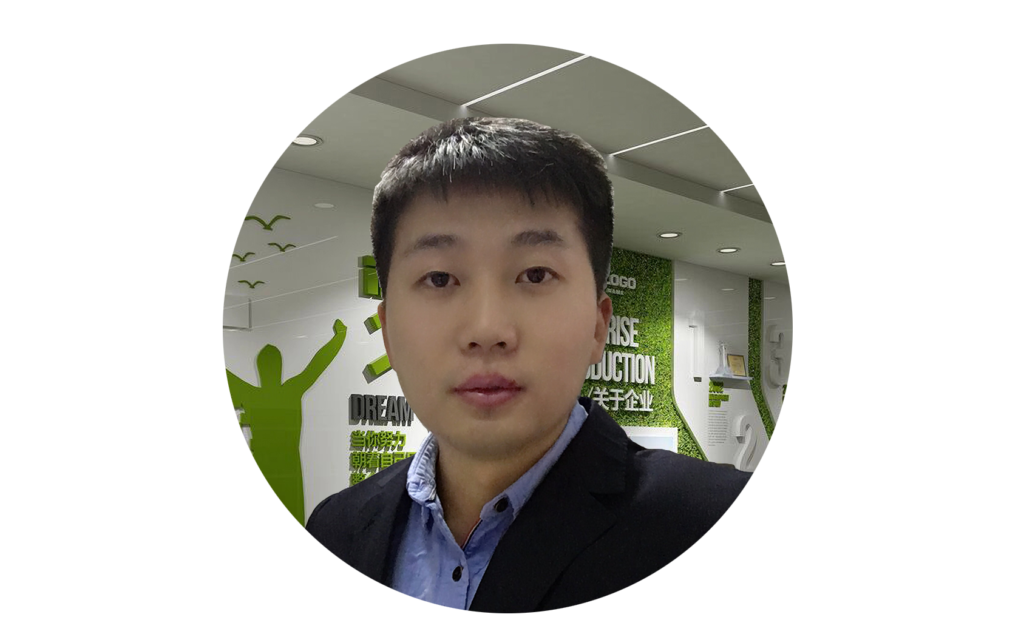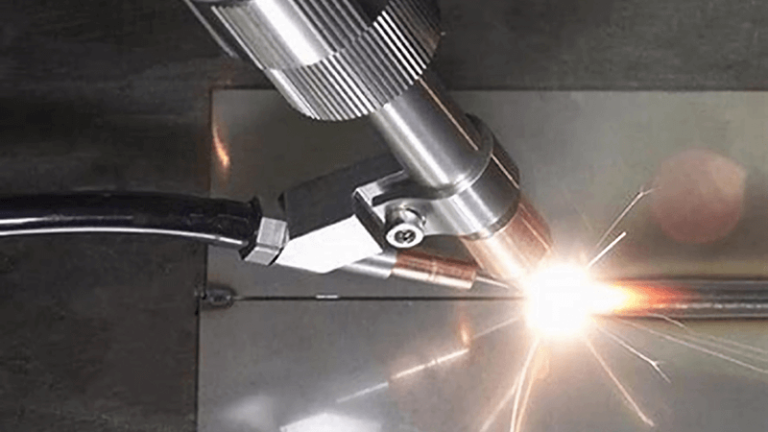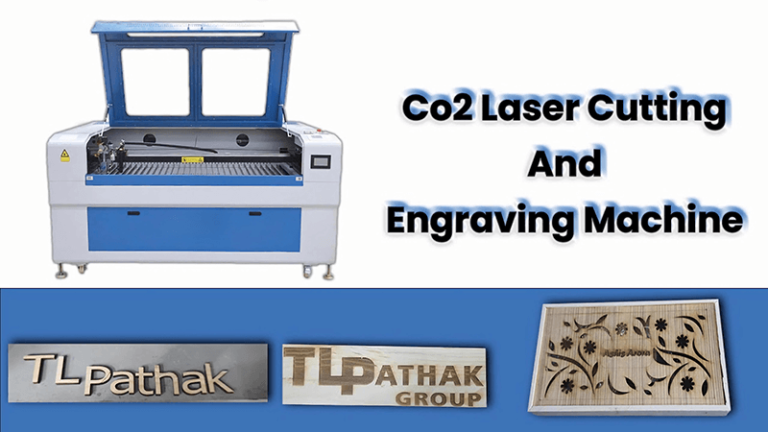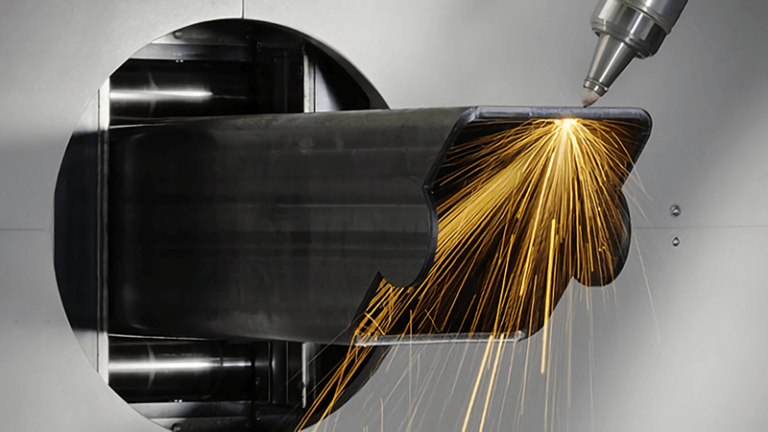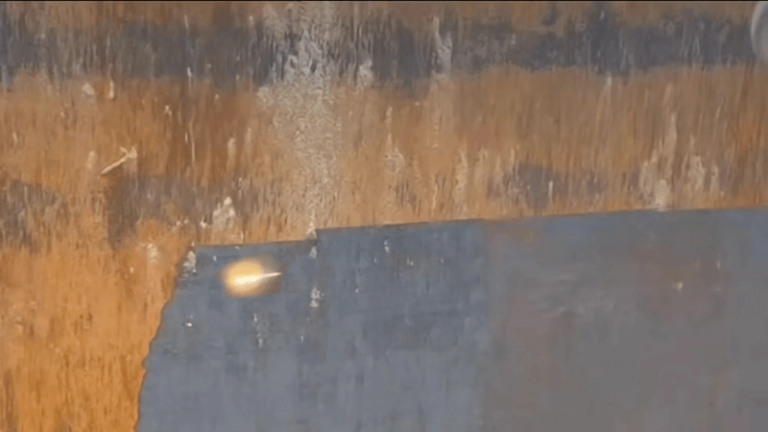Many manufacturers today face a simple but painful bottleneck—slow workflows caused by enclosed machines that limit speed and visibility. This delay is unacceptable in a market where speed equals profit. At Kirin Laser, we’ve seen how the right machine design can break these limits.
An open-type fiber laser cutting machine is a streamlined, fast-access laser cutter designed for quick part loading, rapid material changeovers, and high-precision cutting—ideal for high-mix, low-volume manufacturing environments.
For many of our clients, especially those dealing with custom metalwork or signage, switching from enclosed to open-type cutters wasn’t just an upgrade—it was a turning point. Here’s everything you need to know.
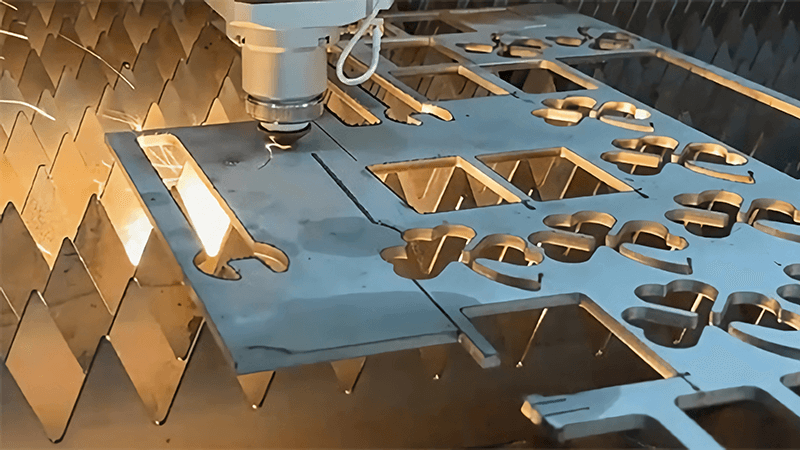
What is the difference between open and enclosed laser cutters?
Manufacturers often struggle with balancing safety and efficiency. Enclosed machines promise protection but often at the cost of time and flexibility. This is especially limiting for smaller shops or operations that rely on rapid part switching and fast workflows.
The main difference between open and enclosed laser cutters lies in accessibility and protection. Open-type machines offer faster loading and clearer visibility, while enclosed systems provide better fume control and operator safety.
Workflow Flexibility vs. Protection
| Feature | Open-Type Cutter | Enclosed Cutter |
|---|---|---|
| Material Access | Instant access from three sides | Restricted due to full enclosure |
| Visibility | Clear view of cutting area | View limited through observation window |
| Safety | Requires trained operators and ventilation setup | Higher safety with full enclosure and filters |
| Changeover Speed | Fast sheet swaps, ideal for mixed production | Slower loading, suited for long-run jobs |
| Footprint | Compact, integrates into open workspaces | Larger footprint due to housing and safety gear |
In real-world use, my client running a custom metal sign shop couldn’t keep up with orders using his enclosed system1. Downtime killed his productivity. After switching to Kirin Laser’s open-type model2, he saw a 2x increase in daily throughput. He could load sheets faster, preview every cut, and move between jobs effortlessly.
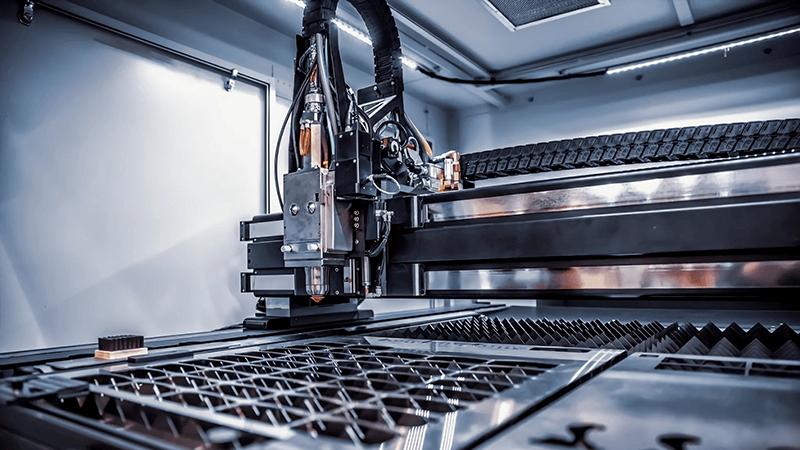
What are the different types of laser cutting machines?
When people say “laser cutter,” they usually mean very different things. Some are designed for paper-thin plastics, others for inch-thick steel. The confusion slows down procurement and leads to mismatched machines.
Laser cutting machines fall into three main types based on their light source: CO₂ lasers, fiber lasers, and crystal lasers (YAG/YVO4). Each has its own strengths and applications.
Breakdown by Laser Source
| Type | Best For | Pros | Cons |
|---|---|---|---|
| CO₂ Laser3 | Non-metals, wood, acrylics | Smooth edge finishes, affordable | Slower on metals, higher maintenance |
| Fiber Laser4 | Metals (steel, aluminum, copper) | High-speed, low maintenance, long lifespan | Not ideal for cutting transparent materials |
| Crystal Laser | Specialty micro applications | Shorter wavelength, precise micro cutting | Expensive and shorter service life |
At Kirin Laser, we focus on fiber laser technology. Why? Because that’s where our clients get the most value. Fiber lasers are faster, more durable, and need less maintenance—ideal for industrial shops looking for long-term ROI.

What is the difference between a fiber laser cutting machine and a laser cutting machine?
Buyers often ask me this: “Aren’t all laser cutters the same?” The truth is, not at all. Fiber lasers are a specific category with serious performance advantages—especially in industrial metalworking.
A fiber laser cutting machine is a subtype of laser cutter that uses a fiber optic medium to deliver high-powered, focused beams—ideal for cutting metals with unmatched speed and accuracy.
Key Differences That Matter
| Comparison Area | General Laser Cutter | Fiber Laser Cutter5 |
|---|---|---|
| Laser Medium | CO₂, diode, or crystal | Fiber optic cable with laser diodes |
| Ideal Material | Depends on source | Best for all metals, including reflective ones |
| Speed | Moderate | Very high, especially on thin sheets |
| Operating Cost | Medium to high | Low (energy-efficient and long-lasting) |
| Maintenance | Regular alignment and servicing | Minimal due to sealed fiber structure |
Fiber laser cutters deliver more power per watt. That means faster cuts, less energy waste, and fewer errors. We’ve engineered our machines at Kirin Laser6 with these principles in mind—no compromise on speed, repeatability, or cost control.
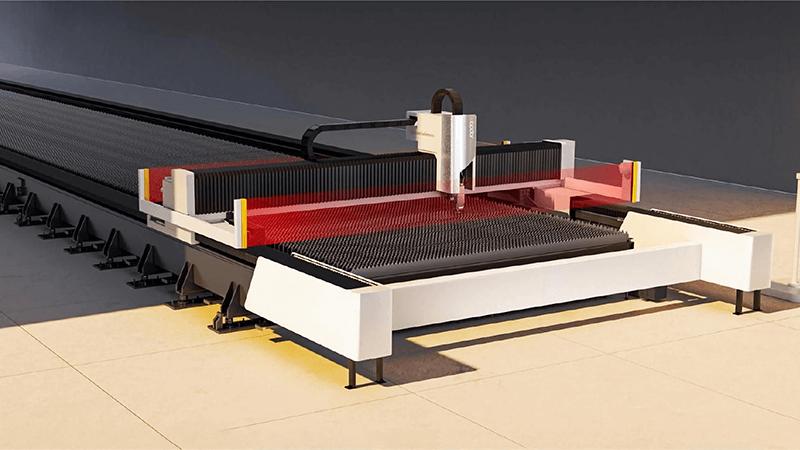
What are the three types of operations the laser cutter can perform?
Laser machines aren’t just about cutting through metal. With the right settings and accessories, they can perform an entire suite of fabrication functions that traditionally needed multiple machines.
The three core operations of laser cutters are cutting, engraving, and marking—each using different power, focus, and speed settings for distinct results.
Expanding Functional Capabilities
| Operation Type | Description | Best Use Cases |
|---|---|---|
| Cutting | Fully penetrating material to create shapes and parts | Metal sheet fabrication, signage, enclosures |
| Engraving | Removing surface layers without full penetration | Logos, serial numbers, panel etching |
| Marking | Changing material color or composition via surface oxidation or heating | Barcodes, compliance marks, batch codes |
With our Kirin Laser machines, clients can easily switch between these modes. For example, our fiber laser systems7 allow depth engraving on stainless steel, intricate logo cuts on aluminum, and permanent traceability marks on titanium—all from one machine.
These capabilities aren’t just for show—they translate into value. A distributor client in Ohio expanded his offerings from basic metal cutting to serialized marking for medical devices8. This opened a new revenue stream overnight without buying extra machines.
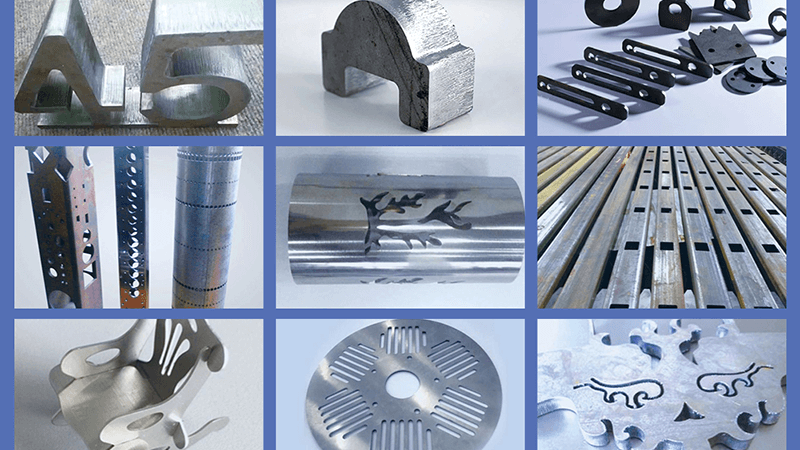
Conclusion
At Kirin Laser, we believe fiber laser technology represents the future of flexible, high-speed manufacturing. Open-type fiber laser cutting machines9 offer unmatched accessibility and agility for shops needing fast part turnover. By understanding the differences in machine types and functions, manufacturers can make informed choices that directly impact their productivity and bottom line. Whether you’re cutting, engraving, or marking, fiber lasers deliver speed, precision, and reliability every time.
-
Learn about the limitations of enclosed systems and how they can impact production speed and flexibility. ↩
-
Explore how an open-type model can enhance productivity and efficiency in manufacturing processes. ↩
-
Discover the advantages of CO₂ Lasers, especially for non-metals, and how they can enhance your projects. ↩
-
Explore this link to understand why Fiber Lasers are preferred for industrial applications, offering speed and durability. ↩
-
Explore the benefits of Fiber Laser Cutters for efficient and precise metal cutting, ideal for various applications. ↩
-
Discover how Kirin Laser's engineering principles enhance speed, efficiency, and precision in fiber laser cutting technology. ↩
-
Explore this link to understand how fiber laser systems can enhance your manufacturing processes and expand your capabilities. ↩
-
Learn about serialized marking for medical devices to discover how it can improve compliance and traceability in your production. ↩
-
Find the best laser cutting machine and laser cutting solutions from Kirin Laser, clicking this link to get all your needs. ↩

